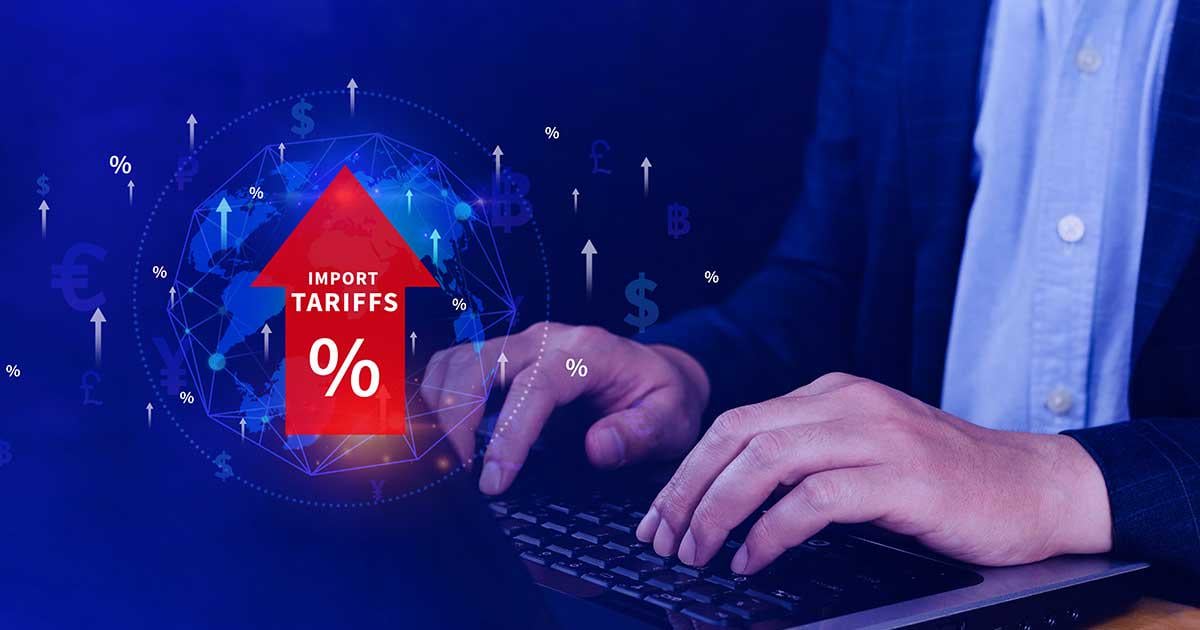
On July 23, Japan and the US finally reached a trade agreement. The so-called “Trump Tariffs” will be reduced from 24% to 15%, which is seen as a diplomatic win for the Ishiba administration in Japan. However, stock analyst Jiro Kido warns that this 15% agreement, although beneficial to the automotive industry, may soon result in increased tax pressures.
Traditional parties like the LDP and Komeito are perceived as out of touch with everyday concerns due to the increasing cost of living without corresponding wage growth. A rise in operations catering to foreigners contrasts with the struggling local populace, spurring new parties like Sansento to thrive by capturing the public’s sentiment of distress and dissatisfaction, much like the way faith-based groups connected with communities in post-war Japan.
The US-Japan tariff negotiations saw Japan secure short-term relief for its automotive sector, but this was conditioned on increased military purchases from the US. This deal leaves Japan with economic burdens that may result in increased taxes. The yen’s devaluation further strains household finances, and without intervention from the Bank of Japan, economic relief seems distant.
The Japanese populace, still grappling with economic challenges, often finds their concerns ignored at policymaking levels. As political leaders present ‘victorious’ outcomes, the costs of these decisions will ultimately fall on ordinary citizens, leaving many to question whether perceived victories are actually defeats.
by MagazineKey4532
